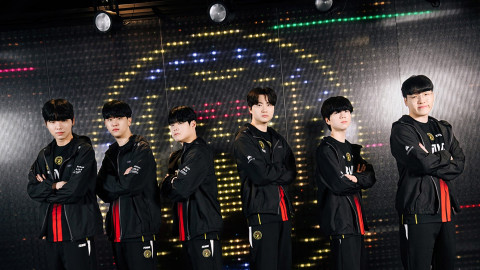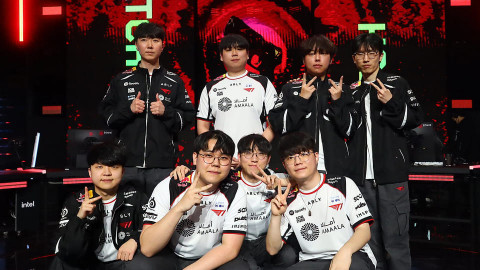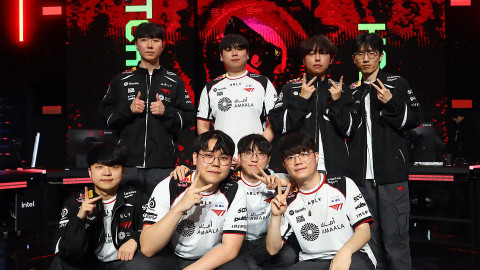
Since the rise of the esports industry, we have seen gaming and competitive esports trickling into many different parts of life. Esports boasts crossovers with the media industry, cinema, traditional sports, and many other major commercial spaces across the world. One drastic jump that we have seen over the past decade or so is the increase in the inclusion of esports in schools.
Esports in Universities
In the US, the growth started in colleges and universities. The first collegiate varsity program was at Robert Morrison University in Illinois. They started their team in the year 2014, and many other schools followed right after. In 2018, there were a little over 70 colleges that offered varsity esports programs. Today, there are 175 member universities in the NACE (National Association of Collegiate Esports) and all of these offer some form of scholarship.
Esports in High School
With the growth of esports in higher education, high school, middle school, and even elementary school administrators have begun to see the benefits of starting after-school esports programs for their students. Like any other sport, development from a young age is needed in order to ensure maximal growth. According to the National Education Association, over 8,600 high schools in the US have started esports teams and programs.
In addition to increasing in popularity, esports in academic institutions is also increasing in legitimacy. In 2018, the NFHS (National Federation of State High School Associations) officially recognized esports as a sanctioned activity. Since the general adoption by high schools after this announcement has taken off, middle schools and elementary schools have started developing their own esports programs.
Esports for Younger Students
Organizations like Vanta Leagues have developed accessible programs for schools with younger gamers (under the age of 13). Getting esports into lower-level schools is more of an uphill battle, as schools with younger students face legal issues that make it more difficult to handle the information of students under 13.
The Children’s Online Privacy Protection Rule is a national law in the US that sets certain stipulations for organizations (including schools) handling the information of young children. Not many esports platforms are compliant with these laws and as such, if a middle school wants to participate in esports, they don’t have many options.
Beyond high schools and middle schools, elementary schools and community organizations have started to offer esports programs to their gamers as well. There are a growing number of options for those gamers who are interested in improving their in-game skills from a young age.
Is Esports Good For Kids?
Many academic institutions have adopted esports into their programs, but should they? There are many proven benefits of esports for youth development. Esports has been proven to benefit social-emotional learning, STEM skill development, school pride, attendance, and more.
In addition to assisting in the development, the growth of esports is also creating a burgeoning professional industry. By getting involved in esports from a young age, gamers are exposed to the industry. Some esports programs in schools offer an academic curriculum as well. So, in addition to teaching in-game skills, some esports clubs and programs teach professional skills such as broadcasting, marketing, operations, team management, and more. Because of this, a holistic school esports program is more beneficial to students than one that focuses solely on in-game competition.
The history of esports is just beginning. Over the next decade, we will likely see even more widespread adoption of esports in schools, and more kids will have access to competitive gaming. Games will come and go, but esports as a whole will be around for many years to come.
Get started with an esports program for your school today to get ahead of the game
-
 Guest Reporter
Guest Reporter
Sort by:
Comments :0





